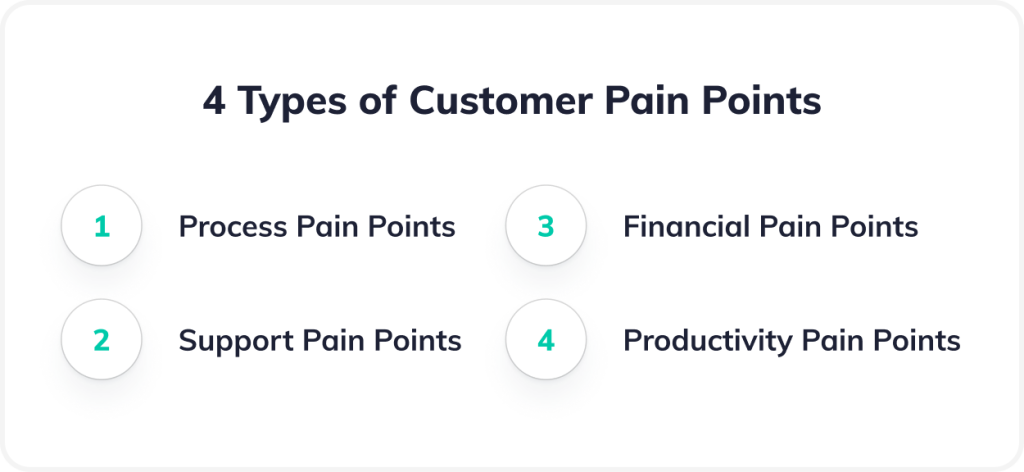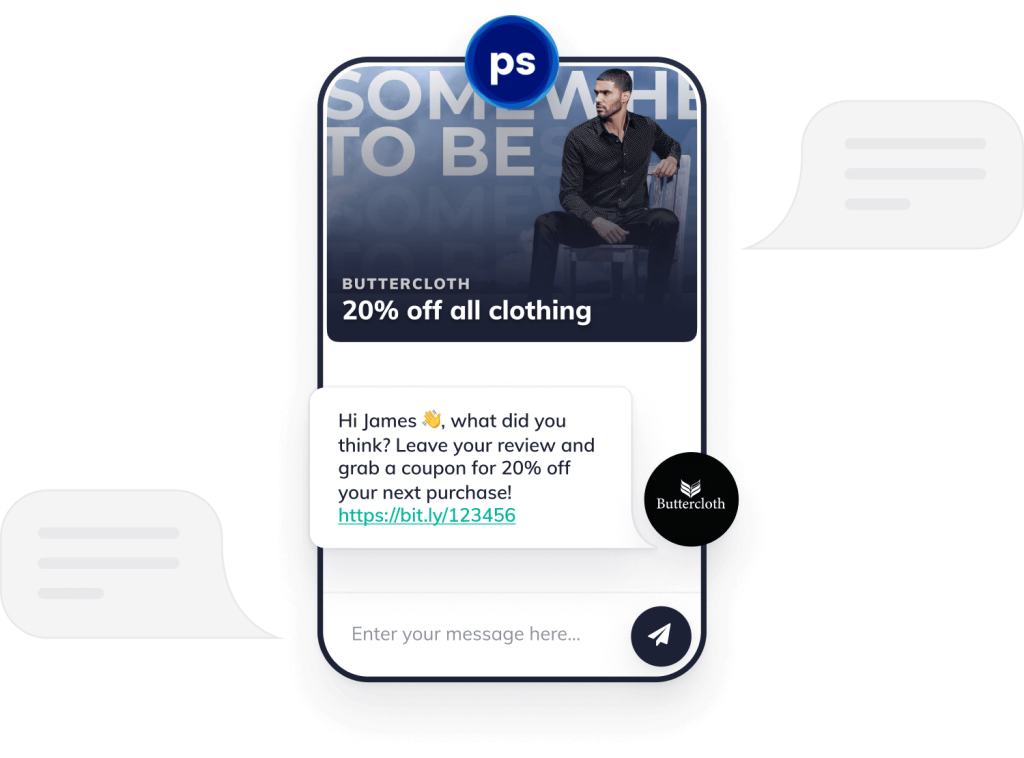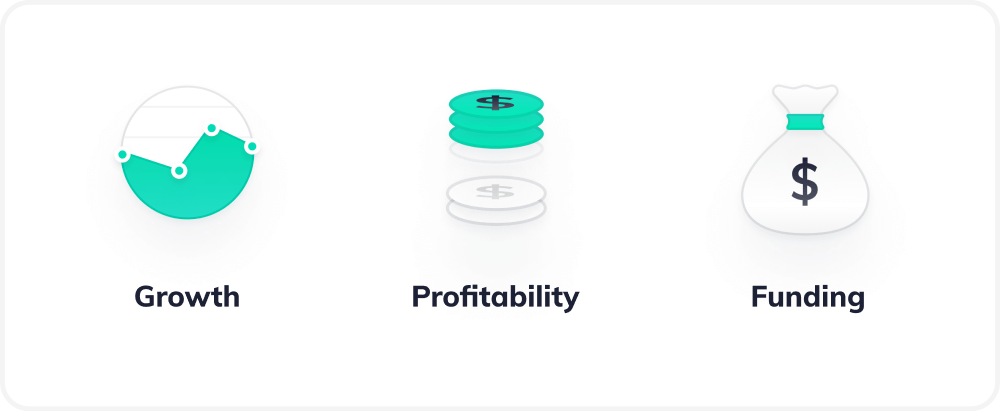
- Ecommerce Marketing
- Integration
- Partners
- Product
Supercharge Customer Engagement with Okendo & Klaviyo
Guest Author | Apr 21, 2025
Apr 30, 2021 | 11 minute read

Guest Author
Joseph Rich, Marketing Manager

It’s clear that successfully scaling an eCommerce company requires software. But finding the best fitting software for your unique business needs has proven to be quite the challenge.
Here are eight rules to follow when buying eCommerce software to ensure you’re making the most educated decision for your business.
Before you look for an eCommerce software platform, you need to know what you are trying to solve for. There are a lot of different software platforms available, but there are typically two primary reasons to buy software for your eCommerce business:
Think about the problems that are costing your business the most revenue or labor and write them down. Examples include a low conversion rate or repetitive, highly manual tasks. Then, think about your business goals and timeframes for each goal. What’s preventing you from achieving your goals? What changes need to be made to get there faster?
Either way, you are going to need to come up with what you’re expecting a software platform to be able to accomplish for you so you can be intentional with your evaluation. Establishing your biggest pain points and goals will set the foundation for your evaluation criteria.
When making this list of pain points and goals, be sure to involve your team members in the process. This way, you can collect their feedback and audit their workflows to ensure nothing is getting overlooked. This will ultimately will help them become more productive and ensure they know you value their opinion.

Every pain point has a cost and every goal has a value. To better understand the impact and whether or not you can justify investing in software, you’ll want to quantify your pain points and goals. Here are some questions you can ask yourself and your team to better understand the cost and value:
Again, these are questions that you should discuss with your team. You hired your team for their expertise. So, leverage their expertise when establishing your pain points and goals. Not only will you gain the benefit of their experience, but you will also likely gain their trust. And since they are the ones who are going to be dealing with the software daily, they will appreciate being a part of the decision-making process.
After evaluating the issues and deciding which pain points and goals you are looking to alleviate and accomplish with new eCommerce software, you will want to determine the criteria for which you’ll evaluate.
Here are some points to consider to make this process easier:
When you are setting the pricing parameters for something as important as eCommerce software, it is never a straight trade for service. Rather, it is a negotiation involving the product’s price versus your Return on Investment: the time saved by the product, and the amount of new revenue or profit generated.
Therefore, you need to know the cost of each issue or goal you wish to tackle and use that to project a viable budget that will help you reach those goals. For example, if you calculate your low conversion rate problem is costing you $1,000/mo in profit and a new software platform that’s likely to solve the problem only costs $300/mo, it’s a no brainer from a budget standpoint.
Your goals and pain points will help you gravitate toward the right features you’ll need. For instance, let’s assume you’ve identified you have a low conversion rate because you aren’t displaying reviews on your product pages and therefore, aren’t building much trust with customers.
It’s evident that you’ll need the ability to not only request reviews from customers, but also display them on product pages for customers to see. So you’ll want to add “automated review requests” and “review displays” to your list of needed features.
One software platform can’t accomplish all of your needs. Therefore, it’s likely you’re already using different tools concurrently and that you’ll be evaluating tools in a variety of different categories. You’ll want to consider each workflow and which tools you want talking to each other so you can ensure your business is as automated as can be.
After all, automation can lead to impressive synergies across all business functions. For example, Nucleus Research found that marketing automation led to a 14.5% increase in sales productivity and a 12.2% reduction in marketing overhead.
Let’s consider another example: it wouldn’t make sense to use a shipping label generator that isn’t integrated into Shopify because you’d have to manually copy and paste order data from Shopify into the shipping label generator. Then, you’d have to copy and paste tracking numbers back into Shopify. It’d take far too much time to manage and would put your business (and customers) at risk of human error.
Further, consider the added value of using platforms that are natively integrated. If your current SMS marketing platform is integrated into only one of the content generation platforms you’re evaluating (such as Okendo), consider the fact that the content generation platform with the existing Postscript integration is going to deliver deeper functionality as a result of the integration (automating review requests via SMS).

Word of mouth is still one of the most powerful mediums when it comes to making purchasing decisions. So, besides asking your team for advice on issues and goals for buying eCommerce software, you should also seek your network’s assistance. Others in your industry’s network have likely encountered the problems you are currently trying to solve. Therefore, your network can provide a unique perspective on the solutions they found helpful with these issues.
While you might not follow their solution to the letter, having this first-hand information will help point you in the right direction.
Usually, there are multiple ways to accomplish a goal, and ultimately, the right path for your business is dependent on your preference and individual situation. Therefore, you should always evaluate alternatives to ensure there are not more suitable options available to solve your current problem.
You can usually find different options by performing a simple Google search. Yet, if this search falls short, you can always search the Commerce Caffeine software discovery platform for popular eCommerce solutions.
Any time you think about investing in a company, especially with enterprise software, you need to verify the information that the company tells you. Whether it is the salesperson, the website, or even the reviews, you should have a tentative level of trust but verify the information. If the company is legitimate and telling you the truth, they should encourage you to verify the information.
A legitimate software company will be proud of their reputation and want you to understand the dedication they have to their customers.
Another failsafe for ensuring you are getting what you expect from the software is to get a free trial. With a free trial, you can test the platform before committing to any long-term arrangement.
While it’s important to evaluate software based on your current goals and challenges, don’t evaluate software exclusively for today. Rather, you’ll want to purchase eCommerce software that will evolve with your business and solve the problems of tomorrow.
Switching costs are high, so it is much more affordable long-term to buy eCommerce software through which you can continue to grow with, even if it’s slightly more expensive in the near term.
To decide which software company is right for you, as yourself these questions:
Evaluate the trends of your business and consider what will be important to you in the future. Then, understand the direction each software platform is headed in the future. What does their roadmap look like? Is it aligned with yours?
If one platform is the best fit now but it doesn’t seem you’ll be aligned in the future, you may want to reconsider.
At the end of the day, the software you choose is your partner and partnerships are most successful when both parties are aligned long term.
Scalability, especially in the eCommerce market, is imperative. Suppose the eCommerce software you use isn’t scalable. In that case, your business isn’t scalable either. A lack of scalability is one of the easiest ways to get lost in the shuffle of an ever-changing industry.
So, you need to be confident that the eCommerce software you buy can handle all the data and functions you’ll be running through it as your business grows.
When the prices get unveiled, how do they scale? Does the company’s pricing model make sense? Is it reasonable, or do you think you will come to a point where the price will skyrocket without an equal return?
Additionally, look at the pricing tiers themselves. Does the software even offer a pricing category for a big enough growth point to satisfy your needs? If not, this is a good indication that the software lacks the capability to support your future needs.
While not the tell-all factor to consider, you’ll want to inquire about the software company’s growth, profitability, and funding.
Growth is important to consider because it’s indicitivate of product market fit and customer success.
Profitability measures the software company’s ability to efficiently operate the business. If they aren’t profitable or don’t have a clear path to profitability, business will be tough, especially if they haven’t raised funding.
Funding not only indicates that the software company has extended it’s runway and is able to fuel growth, but also that their business model has been validated by venture capital firms. Crunchbase is a great place to research company funding.
If the software company is not growing or profitable and hasn’t secured funding, you could be betting on the wrong horse. At the end of the day, a software company is a business and a business needs to remain profitable or have cash in the bank to operate.
The last thing you want is to sign with a company that can’t afford to invest in its customers or that will be at risk of closing its doors in the future. Remember, this is a business transaction that your business will rely on heavily. You aren’t buying eCommerce software to do anyone any favors.

In any industry, references are essential. So, no matter how good it looks, before you trust your future to a software company, ask to speak with references. Specifically, try to talk with someone that sells in a similar category as you. That way, you can gain the most relevant and industry-specific insight.
Validate any concerns you may have before you sign yourself up for any long-term commitment. You want to garner as much information as possible before you make a decision. Validation of questions and concerns with a third party is the best way to satisfy this curiosity. So, don’t take it for granted.
Lastly, review case studies and any vertical-specific content that the software company has published on their site. Reviewing case studies will help you gain an understanding of the success their customers have seen and what you might be able to expect as a customer. And reviewing vertical-specific content will give you an understanding of their expertise in the space. The more expertise they have in the space, the more they’ll be able to understand your exact ecommerce problems and provide you with the best tools to solve them.

Joseph Rich is the Marketing Manager at Commerce Caffeine, an ecommerce Software Discovery Platform that helps brands find the best Shopify apps and Amazon seller tools for their businesses. Joseph has 5+ years of experience running marketing for DTC brands.
Related articles
Ready to learn more?